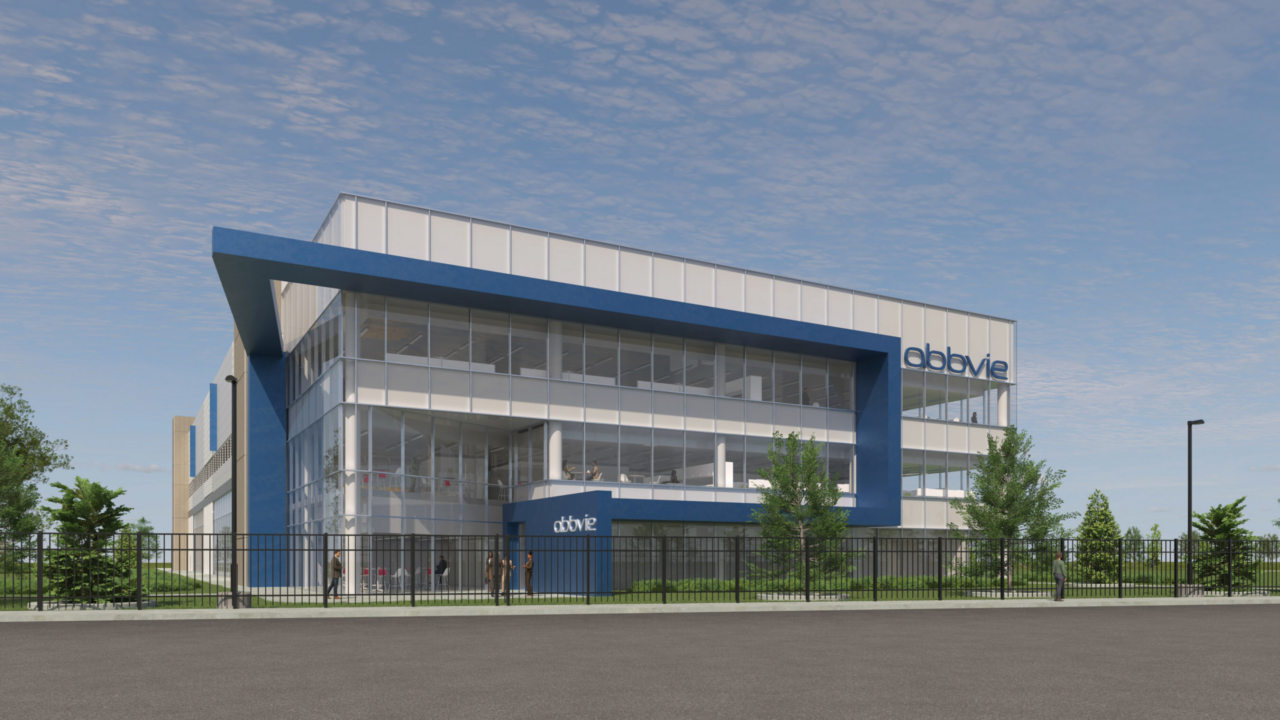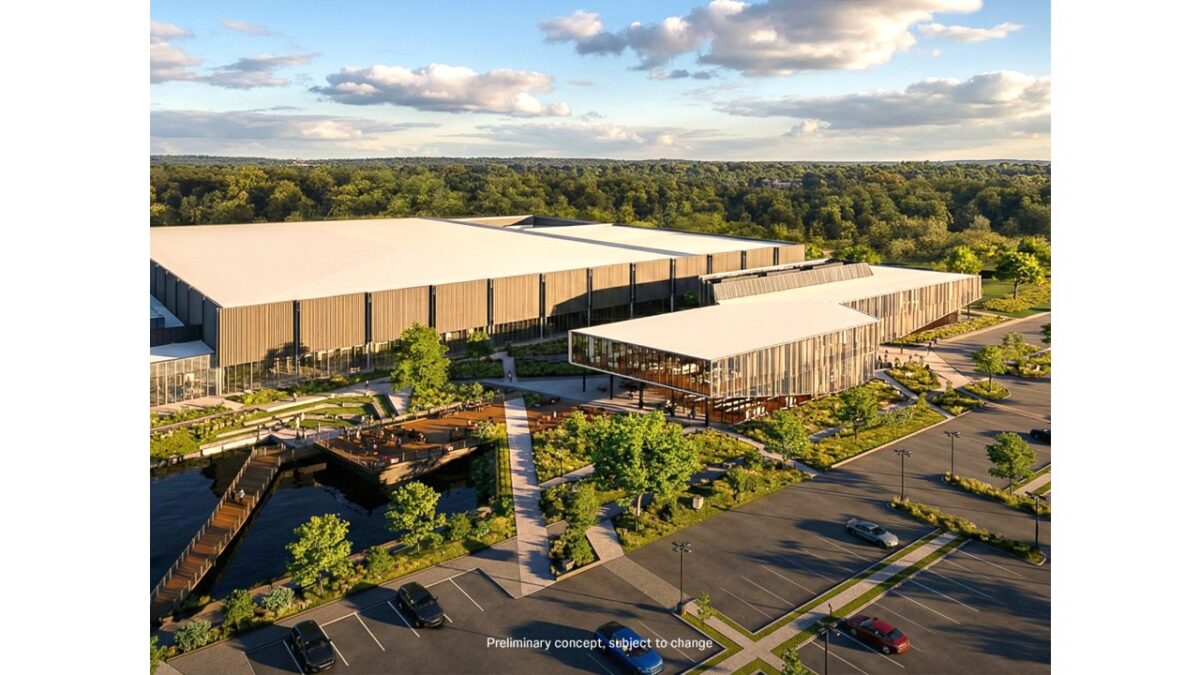Ontario is expanding its publicly funded network of private community surgical and diagnostic centers to improve access to imaging and outpatient procedures. Premier Doug Ford announced a $155 million investment over two years to open 57 new centers across the province.
The plan includes 35 MRI and CT scan centers, expected to serve over 800,000 patients, and 22 centers for gastrointestinal endoscopy. According to the province, the expansion is intended to reduce wait times and relieve pressure on hospitals by shifting services into community settings.
The first license under the expansion was awarded to the Schroeder Ambulatory Centre in Richmond Hill. Backed by $14 million in provincial funding and a $300 million donation from the Walter and Maria Schroeder Foundation, the center is expected to deliver MRI, CT and endoscopy services to approximately 115,000 patients over two years.
Related: Ontario Announces $40 Million Investment as it Aims to Become a Global Life Sciences Hub
The announcement comes as many Ontarians continue to face delays in accessing diagnostic procedures. In one case reported in 2024, Sarah Barnett, a Toronto woman with stage IV brain cancer, was told her next routine MRI — typically done every two to three months — wouldn’t be available for eight months. Although placed on a cancellation list, the delay raised concerns about the continuity of surveillance for her condition.
In 2024 and early 2025, patient accounts continued. London resident Nadine Lalonde faced a six-month wait between her March 2024 MRI and a follow-up endoscopic ultrasound and biopsy that confirmed pancreatic cancer. Additional scans required to assess the spread also took several weeks. At the time, major hospitals in London — St. Joseph’s Health Care, University Hospital and Victoria Hospital — were completing only 15%, 19% and 23% of MRI scans within target timeframes, respectively.
Ontario’s diagnostic system has faced persistent delays despite expanded investment. The Fraser Institute’s 2024 report recorded a median wait time of 23.6 weeks between referral and treatment — the shortest in Canada, but still far above historical benchmarks. Patients in Ontario waited an average of 16.2 weeks for MRI scans and 8.1 weeks for CT scans, often beyond clinical targets.
Over the past year, Ontario introduced several measures to boost imaging and surgical capacity outside hospitals. The Ministry of Health reported adding 49 MRI machines and 50 CT scanners across hospitals, contributing nearly 500,000 additional hours of diagnostic imaging. The province had also announced a $7.6 million investment to build Kenora’s first MRI suite at Lake of the Woods District Hospital. The unit is expected to improve access for patients in Northwestern Ontario who previously had to travel long distances for care.
Ontario also launched a series of license application calls to expand community-based diagnostic centers. In June 2024, the province opened applications to deliver an additional 100,000 MRI and CT scans annually. A second call in August 2024 targeted 60,000 more gastrointestinal endoscopy procedures each year, with licenses expected to be issued beginning in winter 2025.
The June 2025 expansion of 57 new community centers builds on this phased strategy. In parallel, Ontario launched a Primary Care Action Plan in January 2025, committing $1.8 billion to connect all residents to a family doctor or interprofessional care team by 2029. As part of this plan, the province is funding up to 80 new primary care teams in 2025 to 2026, aiming to serve 300,000 more people this year.
Last year, CBC reported that 2.5 million Ontarians were without a family doctor. The Ontario College of Family Physicians also released data showing that 670,000 people must travel more than 50 km to reach their physician — highlighting regional disparities in access to care.
If you want your company to be featured on Xtalks.com, please email [email protected].












Join or login to leave a comment
JOIN LOGIN